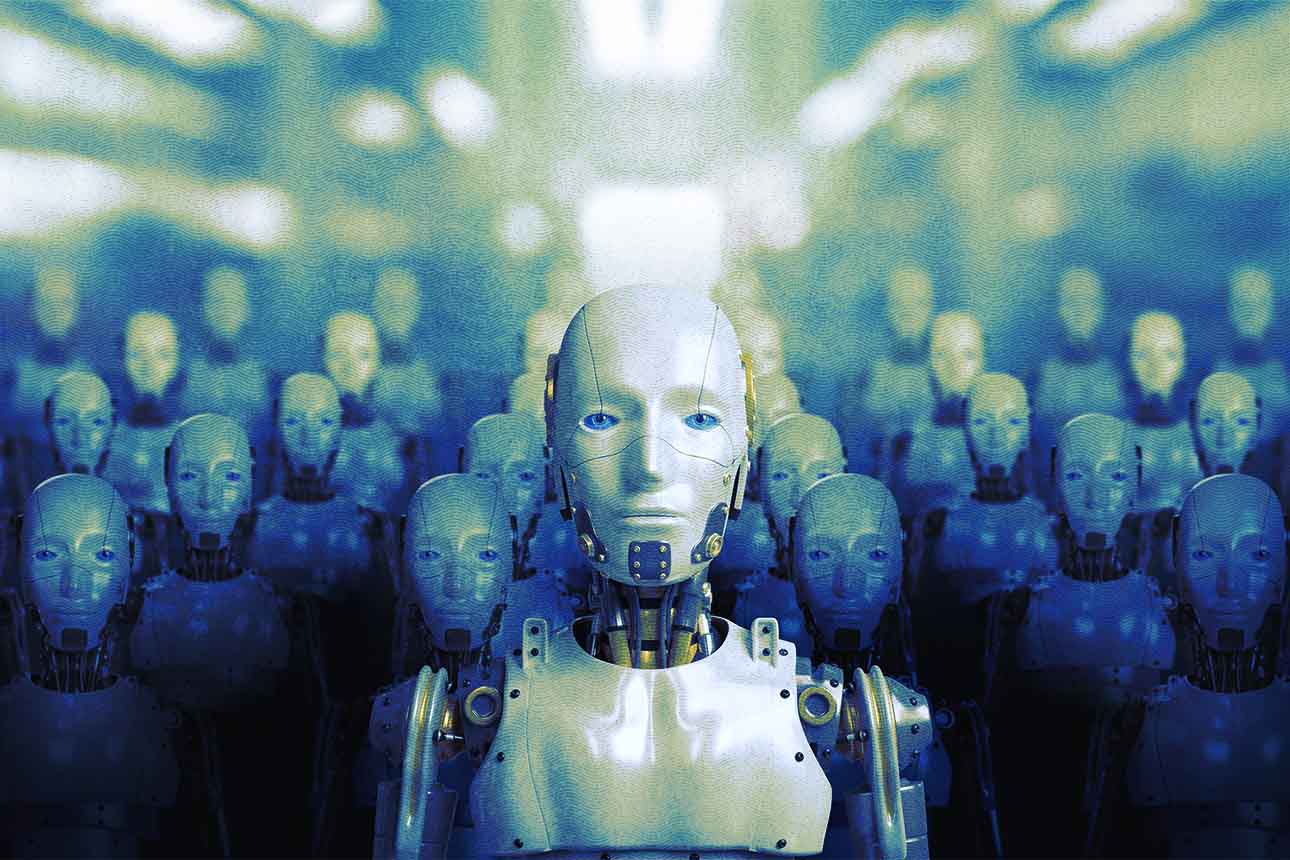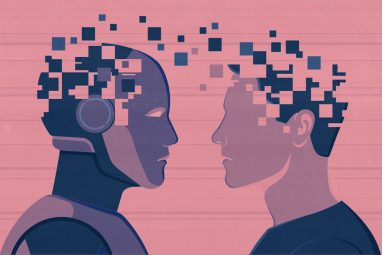Amazon Explores Robotics Path That May Sideline 600,000 Jobs
Amazon is eyeing a future where more than 600 ,000 US roles may never be hired as its robotics arm seeks to automate about 75 % of its operations by 2033
News
- IIT-Bombay, Columbia Team Up to Build AI Backbone for Indian Manufacturing
- India Bets on Digital Public Infrastructure Model for Education AI
- OpenAI Retires GPT-4o as It Consolidates ChatGPT Models
- Adani Power Sets Up Nuclear Subsidiary
- Musk Unveils xAI Overhaul, Lunar AI Ambitions
- Former GitHub CEO Dohmke Raises $60 Million to Build AI Code Infrastructure

[Image source: Krishna Prasad/MITSMR Middle East]
Amazon could avoid hiring up to 600,000 US workers over the next decade as it ramps up automation and robotics across its warehouses, The New York Times reported, citing internal documents.
The documents, which were later reviewed and corroborated by The Verge, project that Amazon’s robotics division aims to automate roughly 75% of warehouse operations by 2033.
The most immediate impact may come much sooner. The documents forecast that around 160,000 roles could be eliminated, or more precisely, not hired, by 2027, with projected cost savings of $12.6 billion over the next two years.
These figures stem from internal modeling and reflect one team’s roadmap, not a formal company-wide directive.
In response to the reports, Amazon spokesperson Kelly Nantel told The Verge that the leaked documents “paint an incomplete and misleading picture” of the company’s plans.
She stressed that Amazon’s written narrative culture generates thousands of internal planning documents with “varying degrees of accuracy and timeliness.”
To soften concerns around mass job displacement, the internal memos reportedly advise teams to use terms like “advanced technology” or “cobots” (collaborative robots), instead of framing the transformation as “automation” or “AI-led.”
Amazon has also floated ideas for community outreach programs to preempt criticism.
“Nobody else has the same incentive as Amazon to find the way to automate,” Daron Acemoglu, a professor at the Massachusetts Institute of Technology who studies automation and won the Nobel Prize in economics last year, told The New York Times. “Once they work out how to do this profitably, it will spread to others, too.”
If that happens, Amazon risks becoming a net destroyer of jobs rather than a creator.






